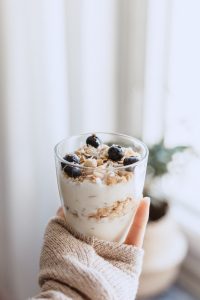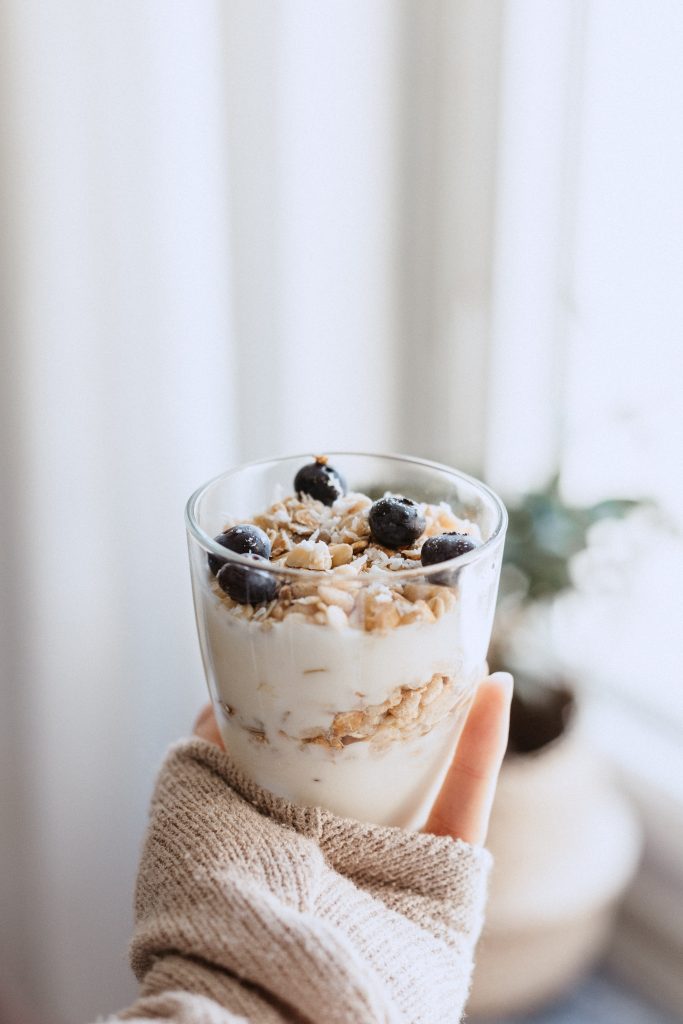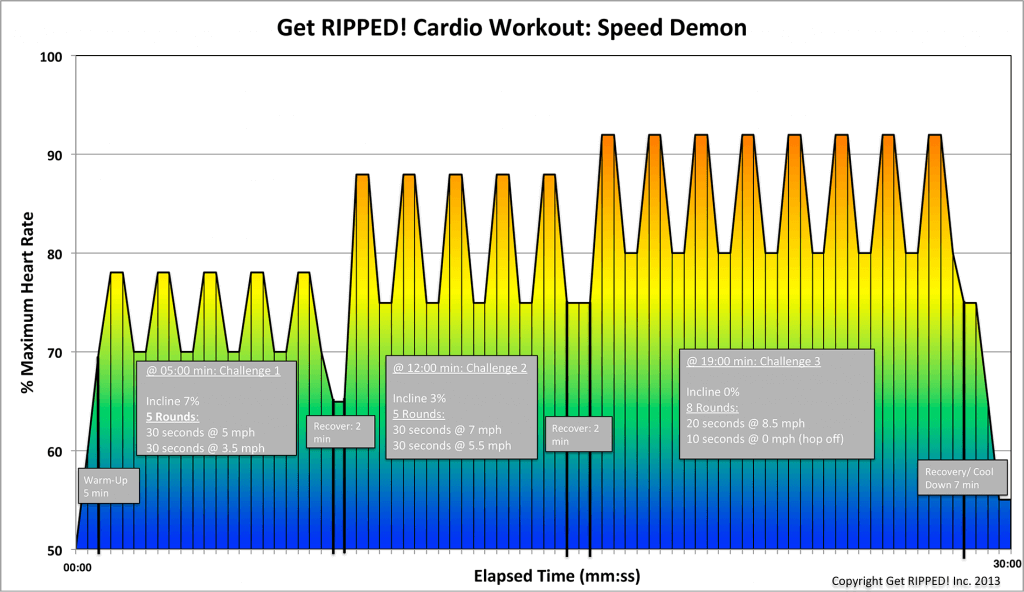Blog
Are Probiotics Right For You
 Your body is more than just cells. In fact, you’re full of little invaders called microbes. These include prokaryotes, eukaryotes and viruses. Prokaryotes are tiny organisms without a membrane around their DNA, such as bacteria and archaea. Eukaryotes have a nucleus, meaning they have a membrane around their genetic material. They include fungi, algae and protozoa. Viruses have no cells and are just DNA or RNA with a layer protein but no cell. Keeping all the body’s microbiome balanced is important for your health, since there are far more microbes than there are human cells. Probiotics are beneficial bacteria to help repopulate the good microbes in your body.
Your body is more than just cells. In fact, you’re full of little invaders called microbes. These include prokaryotes, eukaryotes and viruses. Prokaryotes are tiny organisms without a membrane around their DNA, such as bacteria and archaea. Eukaryotes have a nucleus, meaning they have a membrane around their genetic material. They include fungi, algae and protozoa. Viruses have no cells and are just DNA or RNA with a layer protein but no cell. Keeping all the body’s microbiome balanced is important for your health, since there are far more microbes than there are human cells. Probiotics are beneficial bacteria to help repopulate the good microbes in your body.
There’s a lot of ways you populate bacteria.
When you were born, you ingested your first bacteria in the vaginal canal and breast milk later became a source. Having the too few beneficial bacteria can cause digestive issues, mood or mental disorders and vitamin deficiencies—since bacteria help digest food and synthesize or produce the vitamins. Antibiotics can wipe out both bad and good bacteria. A poor diet, lack of prebiotics to feed the bacteria, too much alcohol and lack of physical activity can deplete your beneficial bacteria. Changing bad habits and using probiotics is a way to populate them.
Some people start out life with too few beneficial bacteria.
People who were delivered C-section and/or weren’t breast-fed, may not have a healthy balance of good bacteria in their gut. Using probiotics to supplement them could be a good idea. If you’ve taken a course of antibiotics, you may have killed off healthy bacteria, which is why doctors often suggest you eat live culture yogurt to prevent yeast infections. People with IBS symptoms may have an imbalance of gut bacteria and probiotics can help.
There are people who shouldn’t take probiotics.
Anyone with a compromised immune system, such as those going through immune suppression therapy, shouldn’t take probiotics. People with SIBO—Small Intestinal Bacterial Overgrowth should avoid them as well. Some strains of healthy bacteria produce histamine and others block it. If you have histamine intolerance, knowing the best type of probiotic is a high priority before you take it.
- Stress, using artificial sweeteners, food poisoning, medication, sugar and pesticides can create imbalances. Consider taking probiotics daily to offset these types of environmental issues.
- Probiotics not only help your digestive system stay healthy, they’re good for your immune system and aid in preventing UITs and thrush. If you want to stay healthier on vacation, start taking probiotics two weeks before it’s scheduled.
- If you’re buying a probiotic, make sure your supplement contains a minimum of 10 billion live bacteria, a broad spectrum of bacteria, and that you consume food with soluble fiber as a prebiotic to feed the bacteria.
- Your gut bacteria affect your mood. If you have depression, anxiety, OCD, autism or brain fog, it could be an imbalance. Also people with magnesium or vitamins K, B12, B7 or D deficiencies may lack the bacteria to produce or synthesize them.
For more information, contact us today at Jari Love


